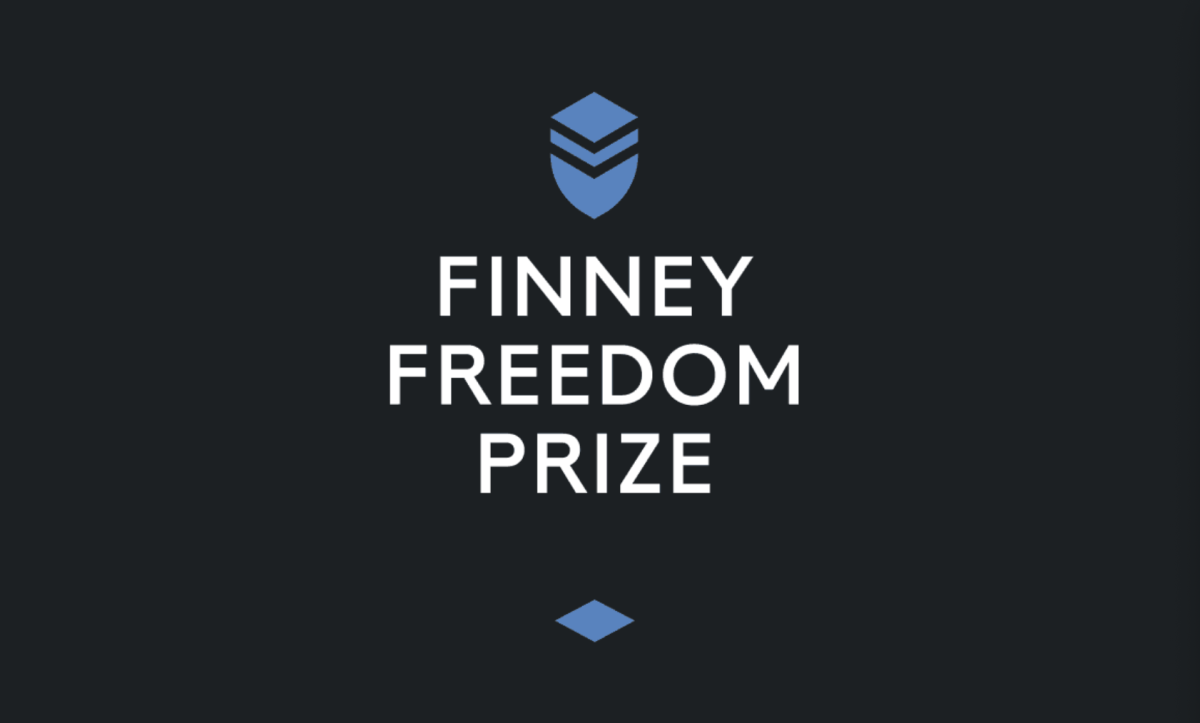
The Human Rights Foundation, in collaboration with the Finney family, awarded Pieter Wuille and Gregory Maxwell the prestigious Finney Freedom Prize for their innovative contributions to the usability, scalability and privacy of Bitcoin. The award recognizes their work during the 2012-2016 era, corresponding to Bitcoin’s block height of between 210,000 and 420,000.
The Finney Freedom Prize recognizes people who promote the computer as a tool to protect individual freedoms around the world, following in the footsteps of Bitcoin pioneer Hal Finney, who was the first recipient of the prize.
An independent committee selected Wuille and Maxwell from a list that included notable bitcoin contributors such as Andreas Antonopoulos, Roya Mahboob and Ross Ulbricht.
As open source software, Bitcoin relies on volunteer contributors to maintain, review, and improve its code base. Unlike a traditional company, Bitcoin has no central authority, making the work of developers like Wuille and Maxwell critical to its continued success. Both have played a vital role in ensuring that bitcoin remains robust, secure, and a practical tool for financial freedom.
“Wuille and Maxwell’s efforts have evidently made bitcoin a practical human rights tool for millions of people, particularly so many working under authoritarian regimes and financial repression around the world,” says the Finney Prize announcement for Freedom.
Their contributions have helped bitcoin become a powerful financial asset for individuals around the world, especially those living in repressive environments.
The winners will share a cash prize of 100,000,000 satoshi (1 bitcoin) and will each receive a Finney Freedom Prize statue designed by Cryptograffiti.
The next Finney Freedom Laureate, spanning the 2016-2020 era (420,000 to 630,000 block heights), will be announced on January 10, 2026.
